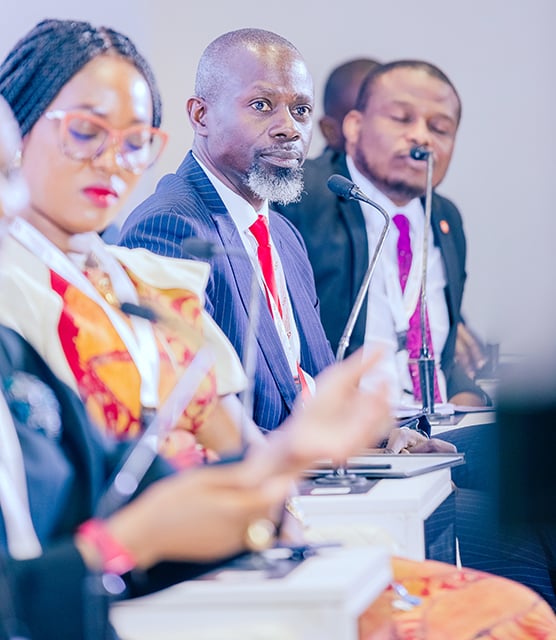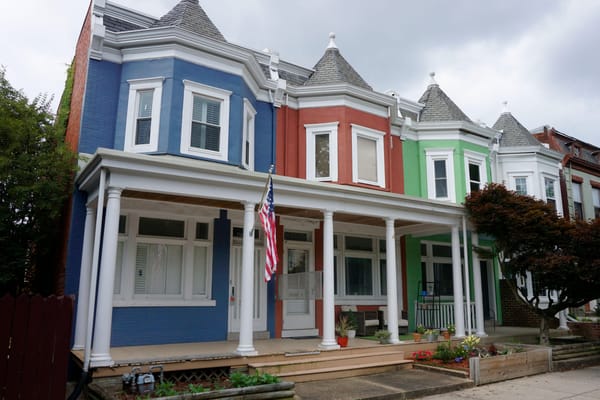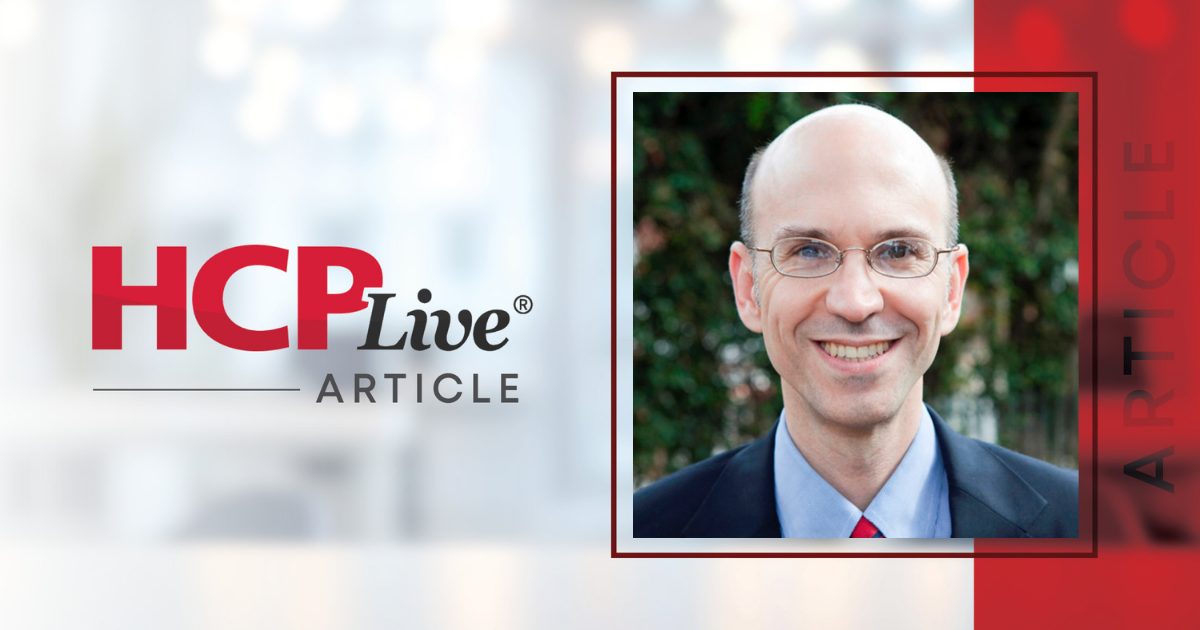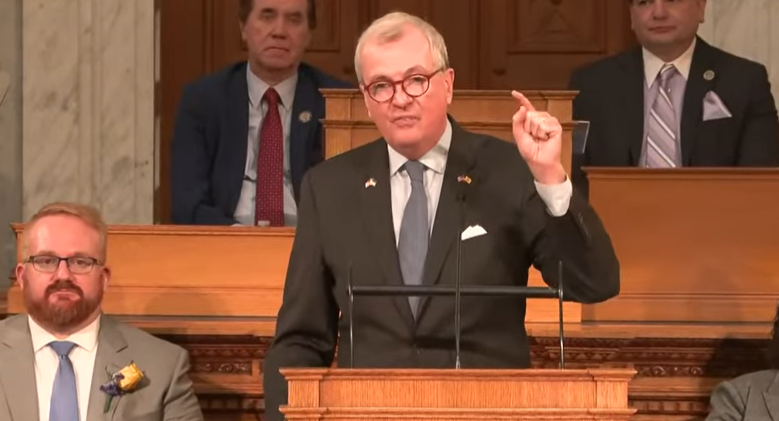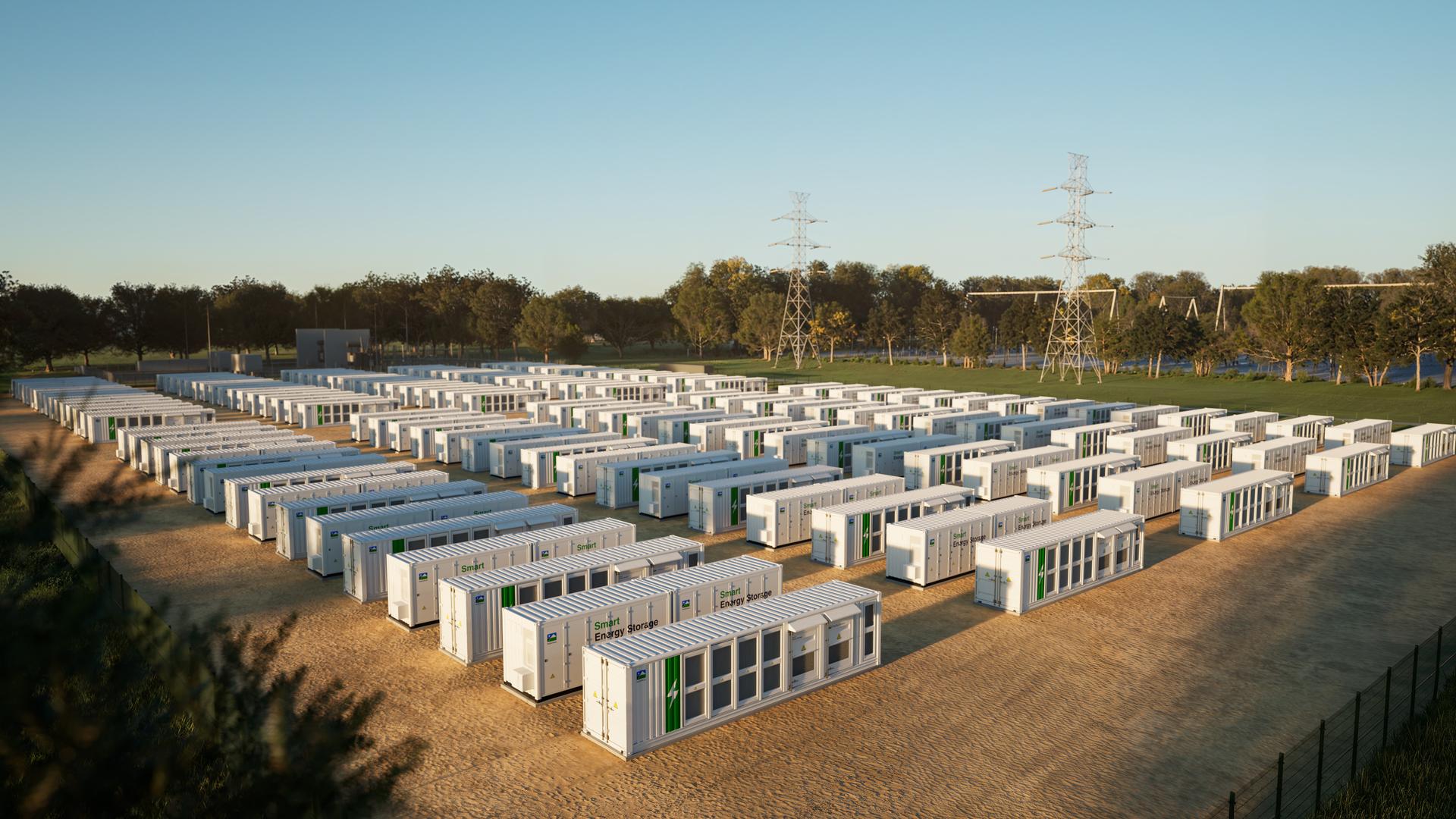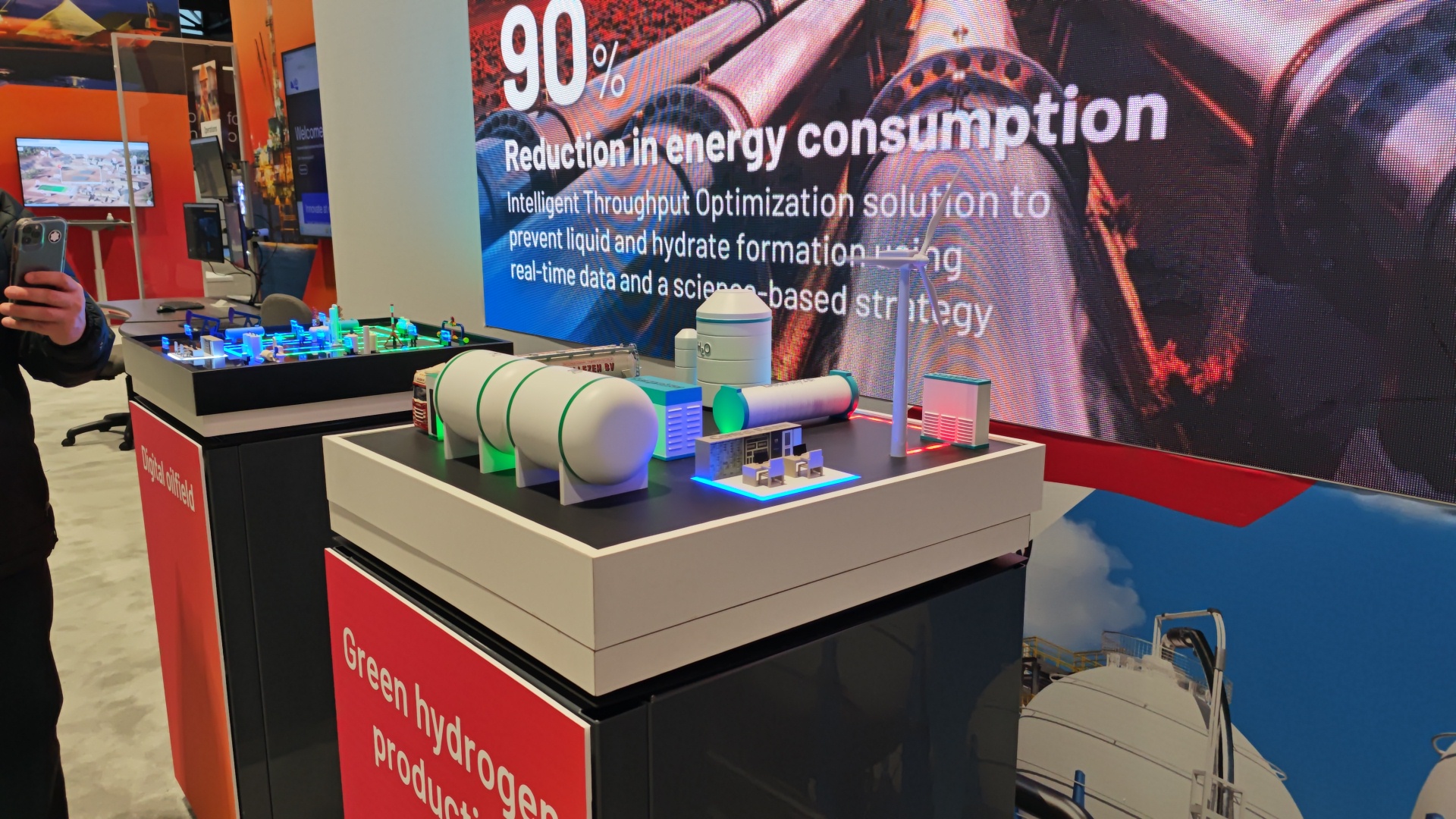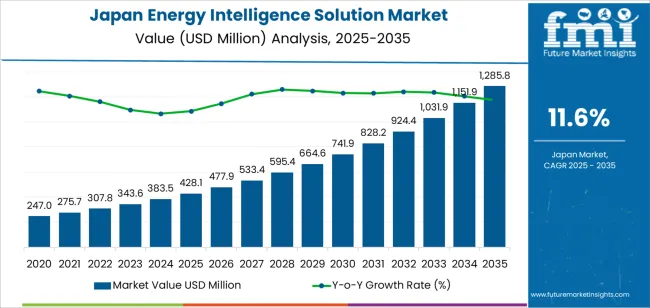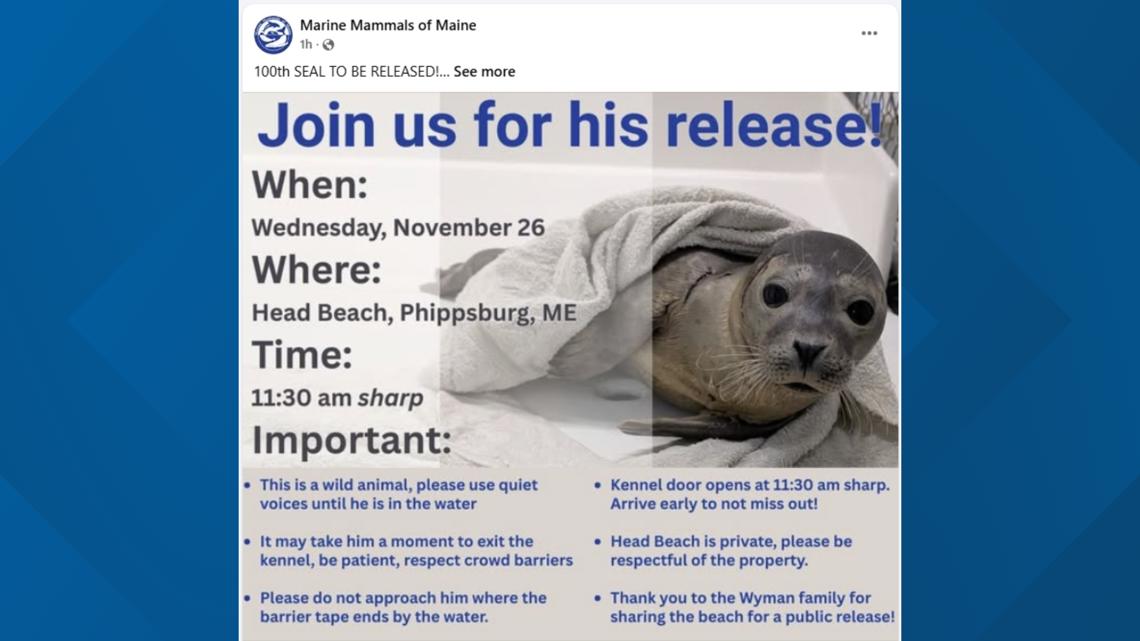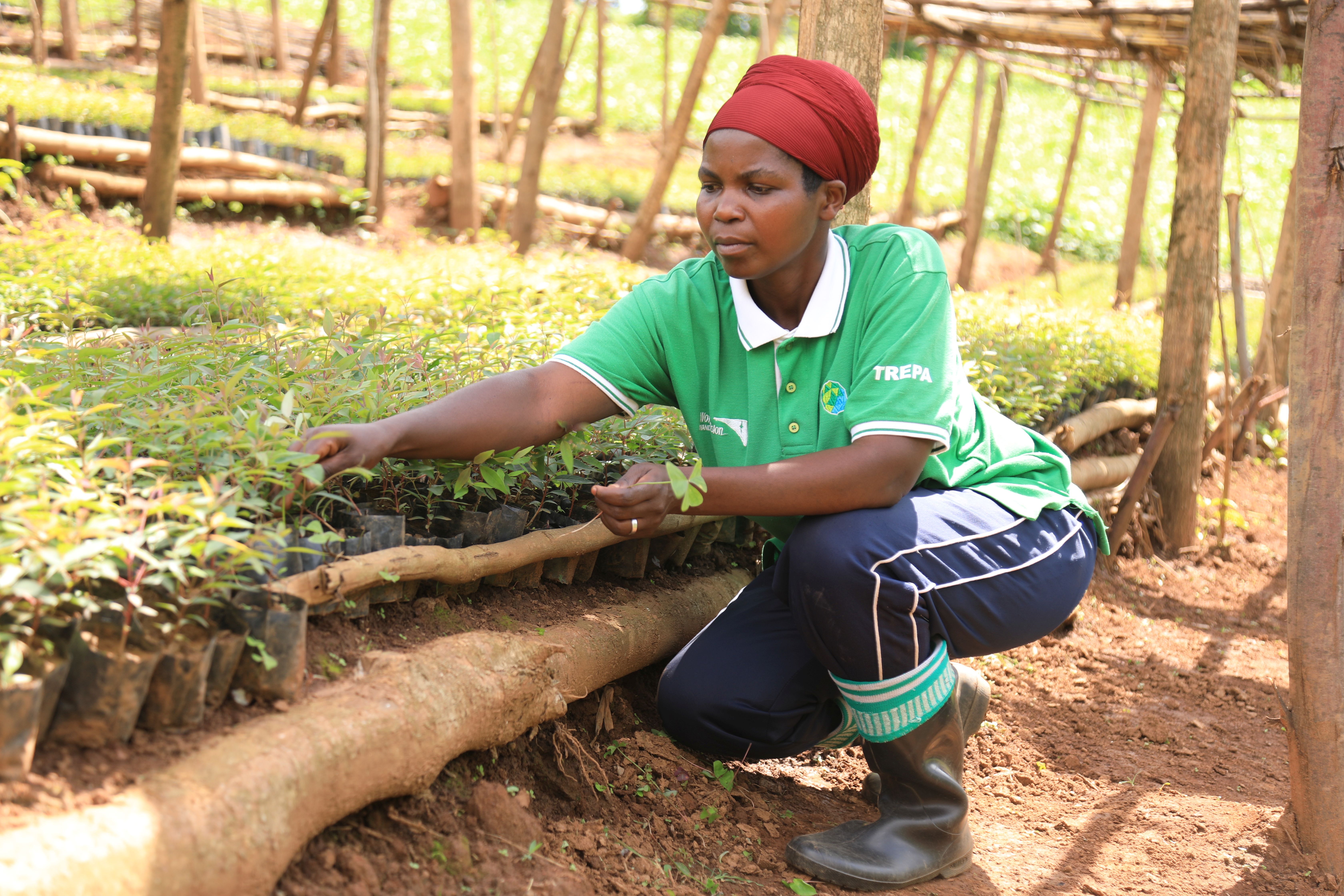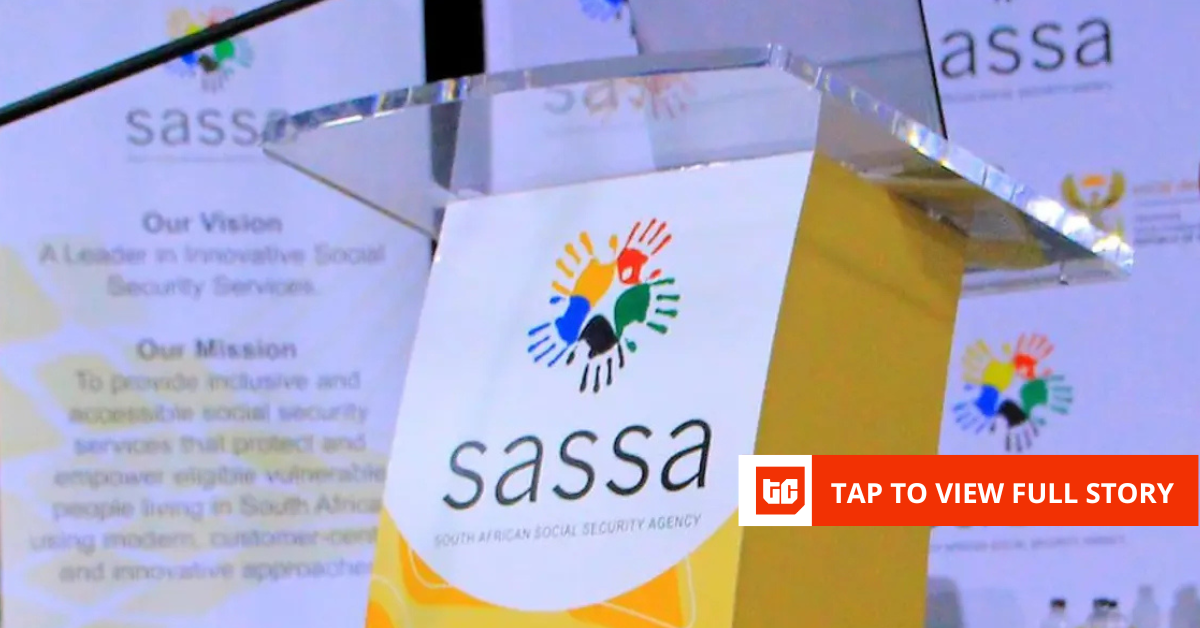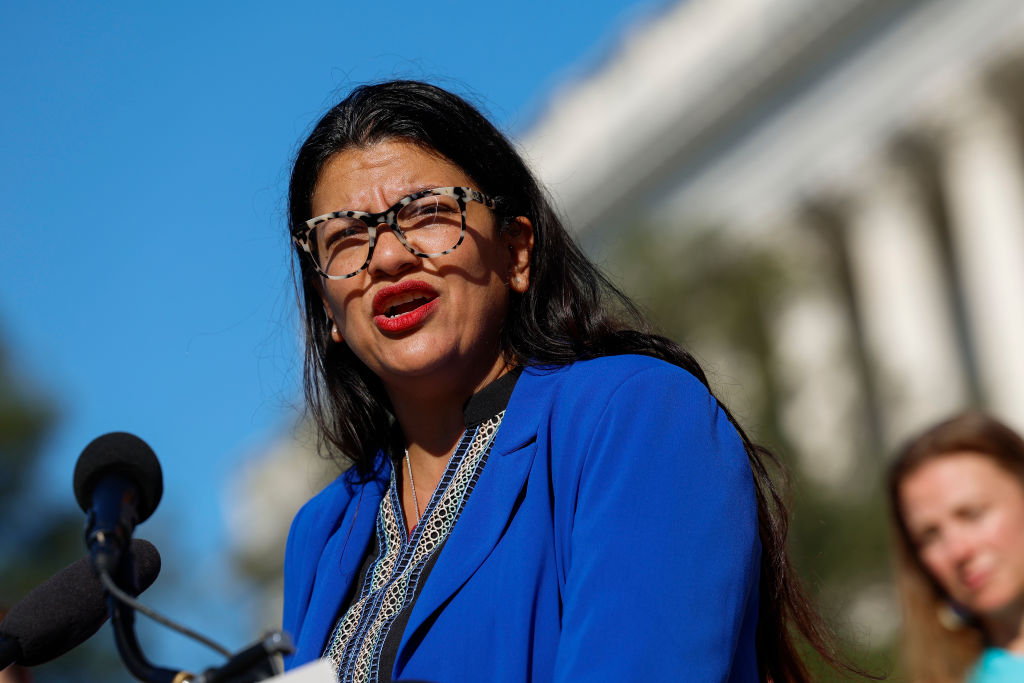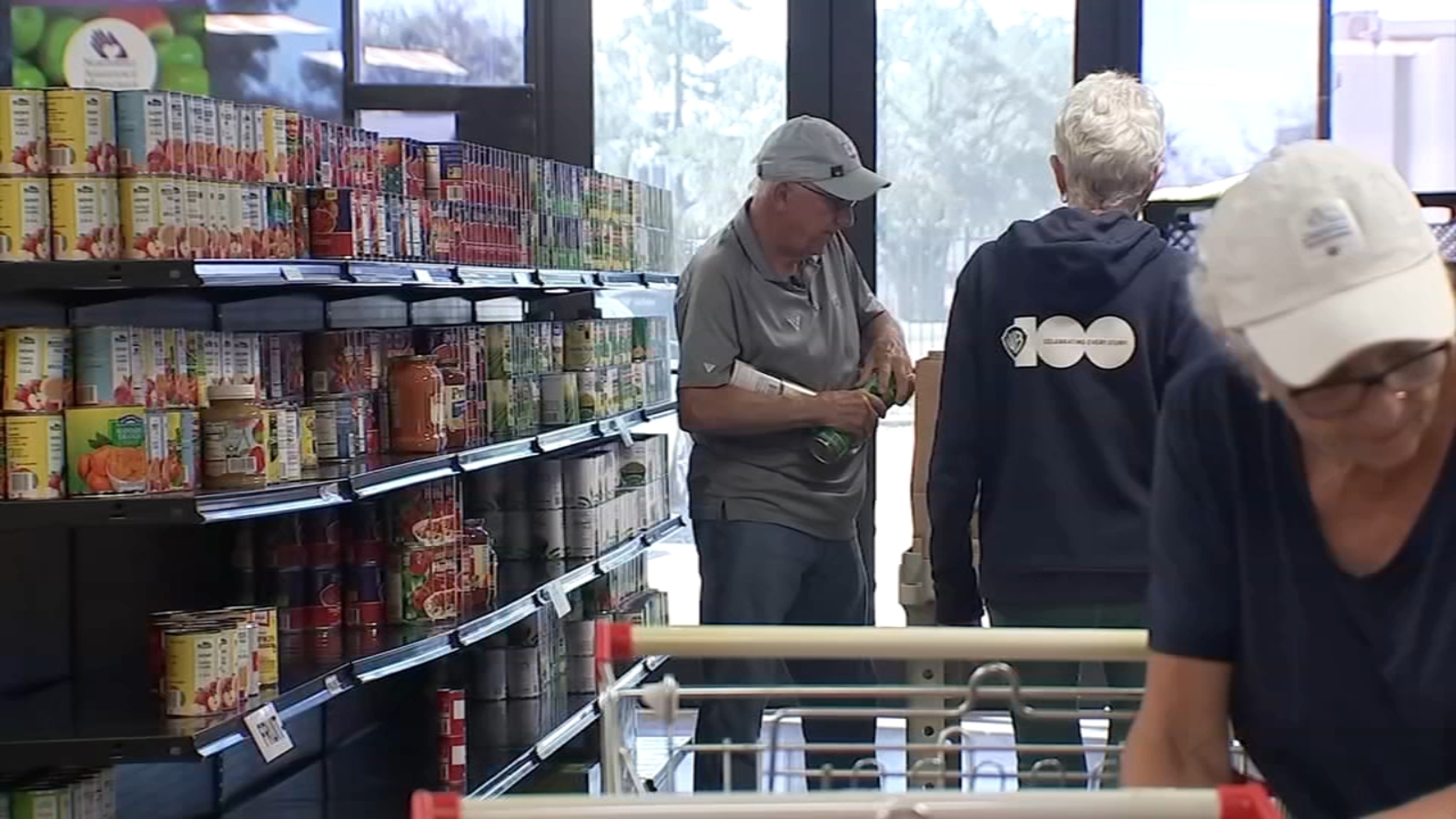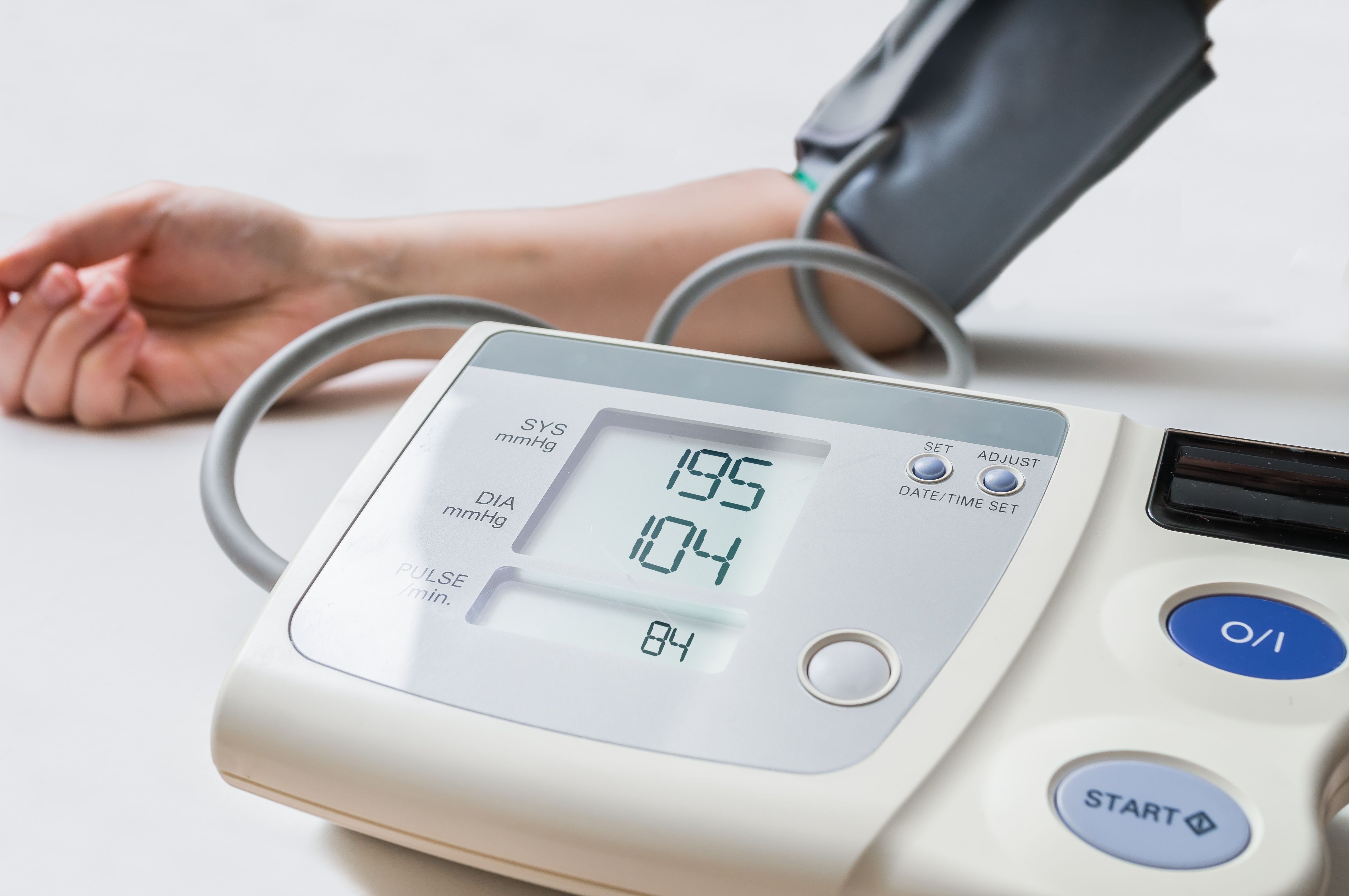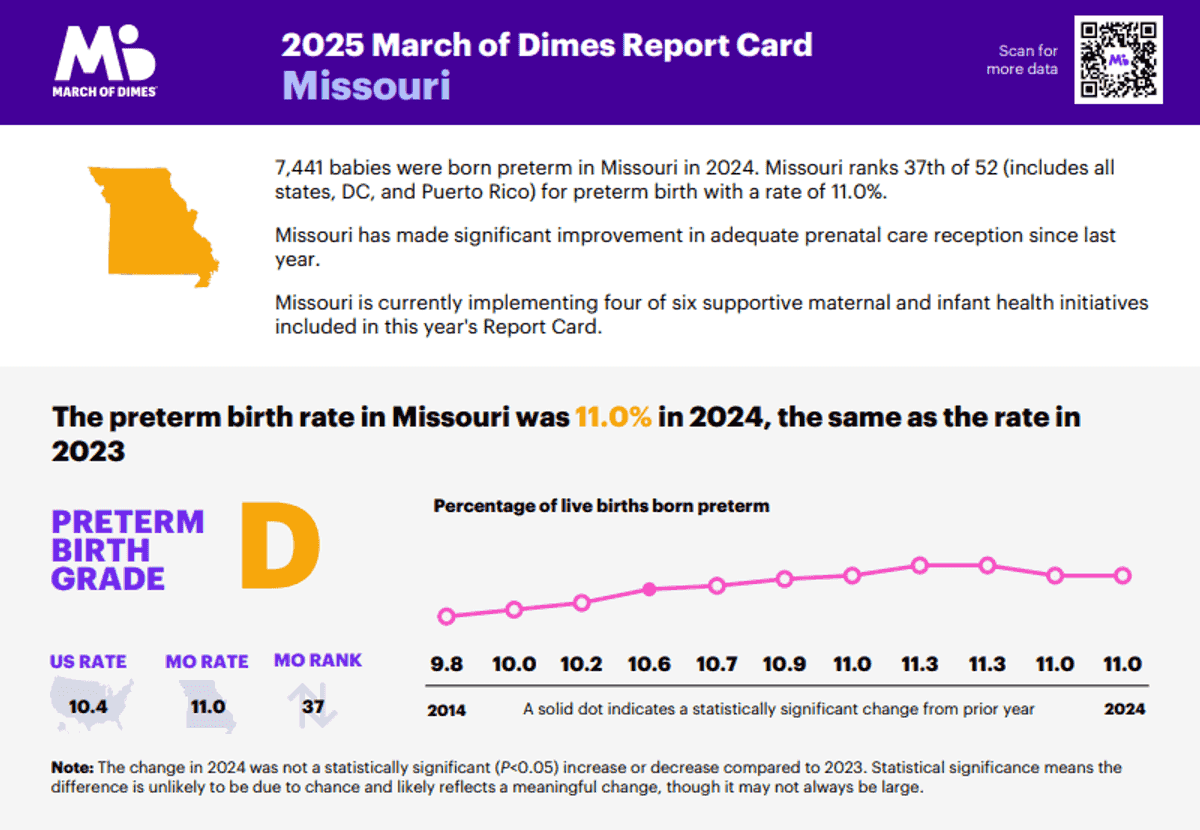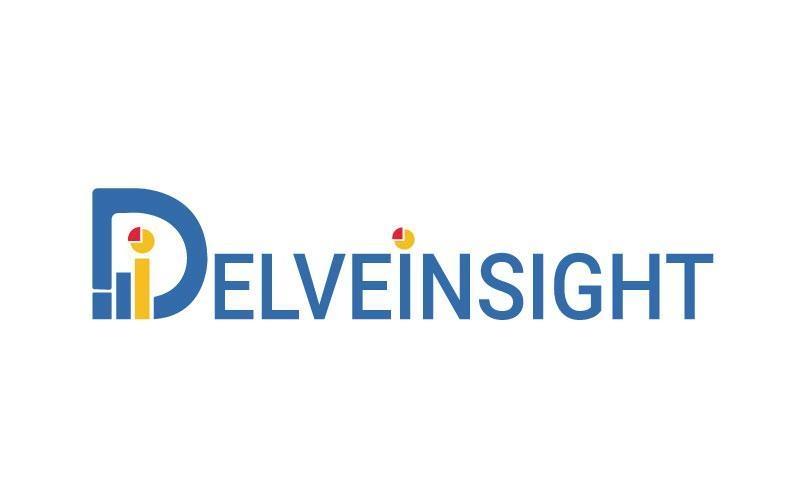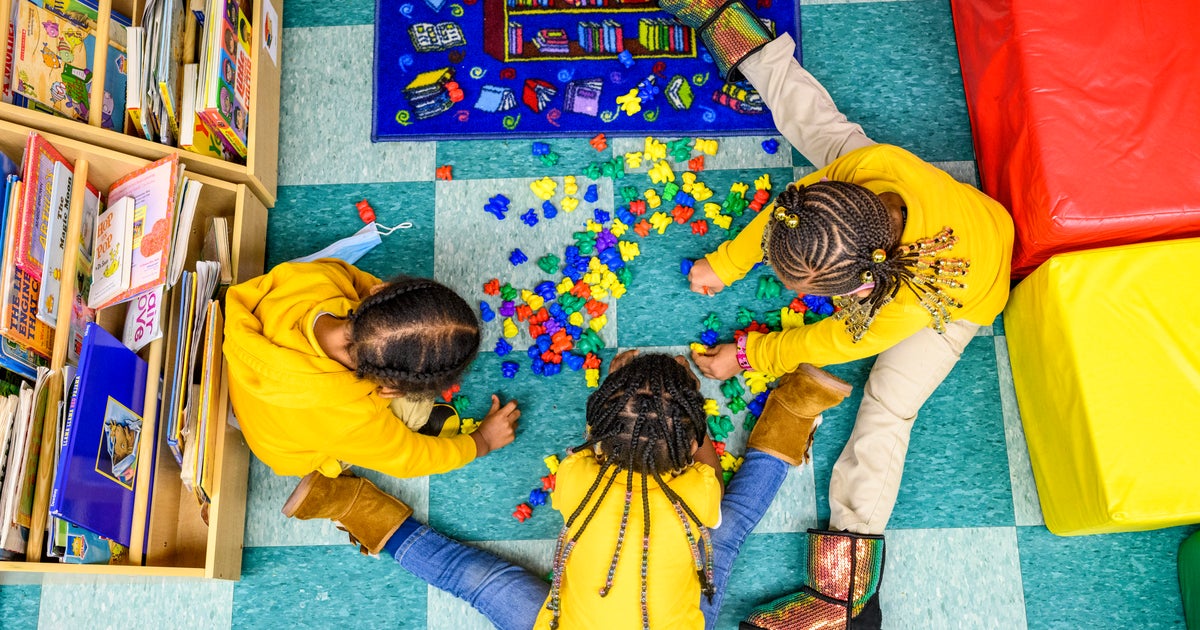Alumna Champions Student Voices in Higher-Ed Reform – Rutgers University
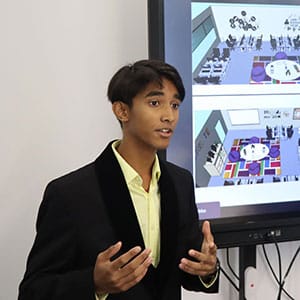
Report on Policy Analyst Josefina Ewins’s Contributions to Sustainable Development Goals in Higher Education
Executive Summary
This report details the professional trajectory and policy work of Josefina Ewins, a Rutgers University–Camden alumna and Policy Analyst for New Jersey’s Office of The Secretary of Higher Education (OSHE). Her work demonstrates a significant commitment to advancing several United Nations Sustainable Development Goals (SDGs), primarily SDG 4 (Quality Education), SDG 3 (Good Health and Well-being), and SDG 10 (Reduced Inequalities). Through targeted initiatives and a foundation in community engagement, Ewins’s career exemplifies the application of public policy to create more equitable, inclusive, and effective educational systems.
I. Foundational Experience and Alignment with SDGs
Ewins’s academic and extracurricular experiences at Rutgers University–Camden established a strong foundation for her policy work, aligning with core principles of sustainable development.
A. Academic and Civic Engagement
- Academic Path: Enrolled in an accelerated B.A./M.P.A. program, focusing on political science, philosophy, and public policy, providing the interdisciplinary knowledge required to address complex societal challenges.
- Bonner Civic Scholar Program: This role cultivated leadership skills and a commitment to service, directly contributing to SDG 11 (Sustainable Cities and Communities) through community-focused initiatives.
B. Key Projects and Contributions to Social Justice
- Oral History Project: Ewins coordinated a project documenting the effects of police and education reform on Camden residents. This research supports SDG 16 (Peace, Justice and Strong Institutions) by examining institutional impacts on local communities and SDG 10 (Reduced Inequalities) by amplifying marginalized voices. The project’s presentation at the Global Forum on Higher Education Leadership for Democracy, Sustainability, and Social Justice underscores its international relevance.
- Leadership and Advocacy: Through roles as a student government representative, an Afro Latinx leader, and a fellow with Unidos US, Ewins actively worked to promote inclusion and advocate for underrepresented groups, directly addressing the aims of SDG 10.
II. Policy Work and Impact on Sustainable Development in New Jersey
In her capacity as a Policy Analyst at OSHE, Ewins contributes to statewide initiatives that directly advance key SDG targets.
A. Promoting Quality Education (SDG 4)
Ewins’s work is central to ensuring inclusive and equitable quality education and promoting lifelong learning opportunities for all.
- Some College, No Degree Initiative: Launched in 2023, this program targets the re-enrollment of adult learners. This directly addresses SDG Target 4.3 (ensure equal access for all to affordable and quality tertiary education) and SDG Target 4.4 (increase the number of adults with relevant skills for employment and decent jobs).
- Focus on Equity: Her overarching focus on equity in education policy aligns with SDG Target 4.5, which aims to eliminate disparities and ensure equal access to all levels of education for the vulnerable.
B. Advancing Good Health and Well-being (SDG 3)
Recognizing the critical link between well-being and educational success, Ewins is actively involved in state-level mental health initiatives.
- Student Mental Health Initiative: By leading efforts to organize a student mental health summit with ambassadors from across the state, she promotes participatory approaches to policy-making, in line with SDG 16.7 (ensure responsive, inclusive, participatory and representative decision-making).
- U-Will Partnership: This program provides free, virtual mental health services to college students, representing a direct contribution to SDG Target 3.4 (promote mental health and well-being).
III. Future Trajectory and Long-Term Vision
Ewins’s future ambitions indicate a continued dedication to the principles of sustainable development through academic and institutional advancement.
A. Advanced Studies in Intersectional Policy
Her plan to pursue a doctorate with a focus on intersectional policy demonstrates a commitment to deepening her understanding of the complex, overlapping systems of discrimination and disadvantage. This advanced research will enhance her capacity to develop policies that effectively address SDG 10 (Reduced Inequalities) and SDG 5 (Gender Equality).
B. Commitment to Building Inclusive Institutions
Ewins aims to leverage her experience to create opportunities for students within higher education institutions, reflecting a desire to build the next generation of leaders and contribute to the development of effective and inclusive institutions as outlined in SDG 16. Her reflection that “Rutgers–Camden prepared me to always keep questioning and think of community first” encapsulates a guiding principle essential for sustainable and equitable development.
Sustainable Development Goals (SDGs) Analysis
1. Which SDGs are addressed or connected to the issues highlighted in the article?
-
SDG 3: Good Health and Well-being
- The article explicitly mentions Josefina Ewins’s work on “student mental health” as a policy analyst. It highlights a specific initiative, the “U-Will Partnership,” designed to offer “free, virtual mental health services to college students in New Jersey.” This directly addresses the goal of ensuring healthy lives and promoting well-being.
-
SDG 4: Quality Education
- The entire article is centered on higher education policy. It discusses issues of “equity” in education, access to university, and initiatives to improve the educational landscape in New Jersey. The “Some College, No Degree” initiative, which aims to “re-enroll statewide adult learners who have ‘stopped out’ of college,” is a clear effort to ensure inclusive and equitable quality education and promote lifelong learning opportunities for all.
-
SDG 5: Gender Equality
- The article profiles a young woman, Josefina Ewins, who is actively shaping public policy in a significant role as a policy analyst for a state office. Her leadership journey, from student government to a fellowship with Unidos US and her current role, exemplifies the empowerment of women in public life. Her plan to pursue a doctorate with a focus on “intersectional policy” further underscores a commitment to addressing overlapping systems of discrimination, which is central to gender equality.
-
SDG 10: Reduced Inequalities
- The article emphasizes Ewins’s focus on “equity” in education. Her work on an oral history project about the “impact of police and education reform on Camden residents” and her fellowship with “Unidos US, a Washington, DC-based civil rights and advocacy nonprofit,” point to a career dedicated to reducing inequalities. The “Some College, No Degree” initiative also aims to reduce inequality in educational attainment by providing a pathway for adult learners to return to college.
-
SDG 16: Peace, Justice and Strong Institutions
- Ewins works as a policy analyst for a state government body, the Office of The Secretary of Higher Education (OSHE), contributing to the development of effective and inclusive institutions. Her effort to “bring their [students’] voices to the statehouse” by leading a student mental health initiative with student ambassadors promotes responsive and participatory decision-making. The article also mentions her presentation at the “Global Forum on Higher Education Leadership for Democracy, Sustainability, and Social Justice,” linking her work to building just societies.
-
SDG 17: Partnerships for the Goals
- The article highlights several partnerships. The “U-Will Partnership” is a specific program created to deliver mental health services to students. Additionally, the student mental health initiative involves collaboration between Ewins’s office and “student ambassadors from across the state” to organize a summit. These examples demonstrate the use of partnerships between government, students, and likely service providers to achieve common goals.
2. What specific targets under those SDGs can be identified based on the article’s content?
-
Target 3.4: Promote mental health and well-being
- This target aims to reduce premature mortality from non-communicable diseases through prevention and treatment and promote mental health and well-being. The article’s focus on the “student mental health initiative” and the “U-Will Partnership” to offer free mental health services directly aligns with promoting mental health among college students.
-
Target 4.3: Ensure equal access for all women and men to affordable and quality technical, vocational and tertiary education, including university
- The “Some College, No Degree” initiative, launched to “re-enroll statewide adult learners who have ‘stopped out’ of college,” is a direct attempt to improve access to tertiary education for a specific demographic that faces barriers, thus supporting this target.
-
Target 5.5: Ensure women’s full and effective participation and equal opportunities for leadership in political, economic and public life
- Josefina Ewins’s career as a “policy analyst for OSHE” where she “studies New Jersey’s most pressing education issues” is a direct example of a woman participating and leading in public life and decision-making processes at the state level.
-
Target 10.3: Ensure equal opportunity and reduce inequalities of outcome
- Ewins’s work studying “equity” in higher education policy aims to reduce inequalities of outcome. Initiatives like the oral history project on education reform and the “Some College, No Degree” program are practical steps toward ensuring more equal opportunities within the education system.
-
Target 16.7: Ensure responsive, inclusive, participatory and representative decision-making at all levels
- The article states that Ewins is “keenly interested in bringing their [students’] voices to the statehouse.” Her work leading a mental health initiative with “student ambassadors from across the state to put together a summit” is a concrete example of creating a participatory process to ensure decision-making is inclusive of the people it affects.
-
Target 17.17: Encourage and promote effective public, public-private and civil society partnerships
- The “U-Will Partnership” is explicitly named as a partnership program to deliver mental health services. This collaboration between the state office and other entities to achieve a public good is a direct reflection of this target.
3. Are there any indicators mentioned or implied in the article that can be used to measure progress towards the identified targets?
-
Indicator for Target 3.4:
- The existence and implementation of the “U-Will Partnership” serves as a key indicator. Progress could be measured by the number of college students in New Jersey who utilize the “free, virtual mental health services” offered through the program.
-
Indicator for Target 4.3:
- The primary indicator is the “Some College, No Degree” initiative itself. Progress can be measured by the number of “adult learners who have ‘stopped out’ of college” that successfully re-enroll as a result of the program.
-
Indicator for Target 5.5:
- The presence of women, like Josefina Ewins, in policy-making positions within state government institutions like the Office of The Secretary of Higher Education (OSHE) can serve as an indicator of women’s participation in public life.
-
Indicator for Target 10.3:
- The development and implementation of state-level policies focused on “equity” in higher education would be an indicator. The launch of the “Some College, No Degree” initiative is a specific, measurable action toward this goal.
-
Indicator for Target 16.7:
- The organization of the “student mental health summit” is a clear indicator of participatory decision-making. The number of “student ambassadors from across the state” involved in planning and leading the summit can be used as a metric to measure the level of inclusion.
-
Indicator for Target 17.17:
- The establishment and operation of the “U-Will Partnership” is a direct indicator of an effective public or public-private partnership aimed at achieving a sustainable development goal.
4. Summary Table of SDGs, Targets, and Indicators
| SDGs | Targets | Indicators |
|---|---|---|
| SDG 3: Good Health and Well-being | 3.4: Promote mental health and well-being. | Implementation of the “U-Will Partnership” to offer free, virtual mental health services to college students. |
| SDG 4: Quality Education | 4.3: Ensure equal access for all to affordable and quality tertiary education. | Launch and operation of the “Some College, No Degree” initiative to re-enroll adult learners. |
| SDG 5: Gender Equality | 5.5: Ensure women’s full and effective participation and equal opportunities for leadership in public life. | Presence of women like Josefina Ewins in policy-making roles at the state level (OSHE). |
| SDG 10: Reduced Inequalities | 10.3: Ensure equal opportunity and reduce inequalities of outcome. | Implementation of policies focused on “equity” in education and initiatives like the “Some College, No Degree” program. |
| SDG 16: Peace, Justice and Strong Institutions | 16.7: Ensure responsive, inclusive, participatory and representative decision-making. | Organization of a student mental health summit co-led by “student ambassadors from across the state.” |
| SDG 17: Partnerships for the Goals | 17.17: Encourage and promote effective public, public-private and civil society partnerships. | Establishment of the “U-Will Partnership” to deliver mental health services. |
Source: camden.rutgers.edu

What is Your Reaction?
 Like
0
Like
0
 Dislike
0
Dislike
0
 Love
0
Love
0
 Funny
0
Funny
0
 Angry
0
Angry
0
 Sad
0
Sad
0
 Wow
0
Wow
0
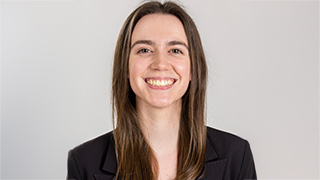
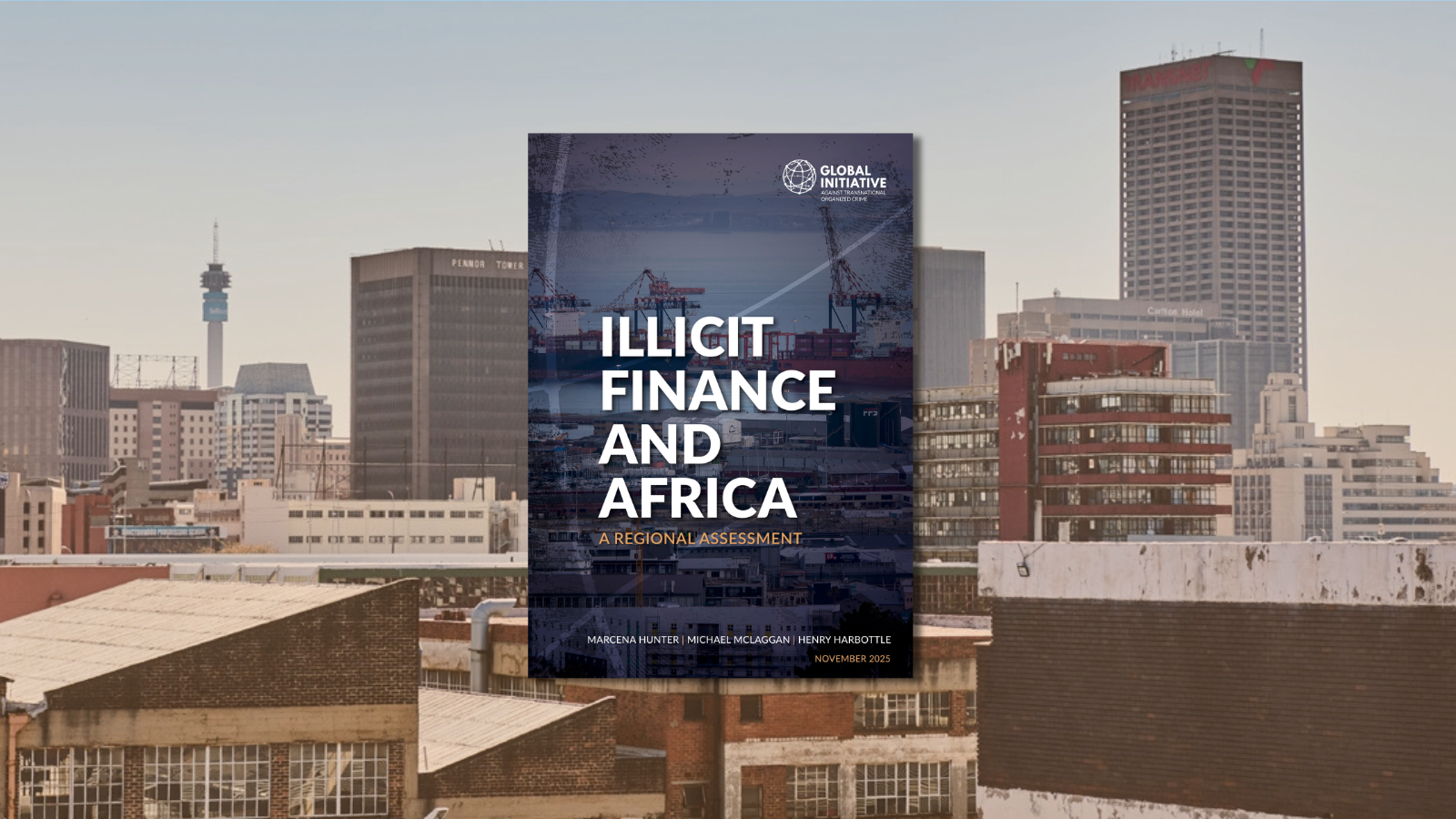



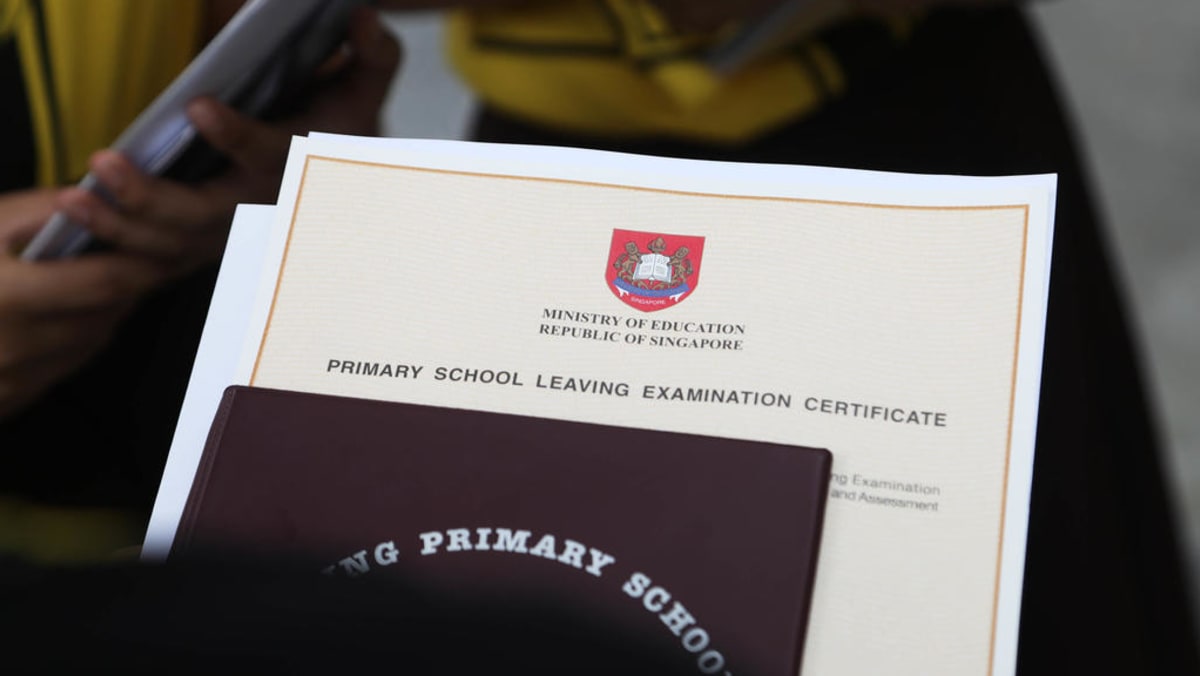




/campaigns/16-days-of-activism-against-gender-based-violence/pr-web-banner.tmb-1200v.jpg?sfvrsn=8cc7b98e_1#)



